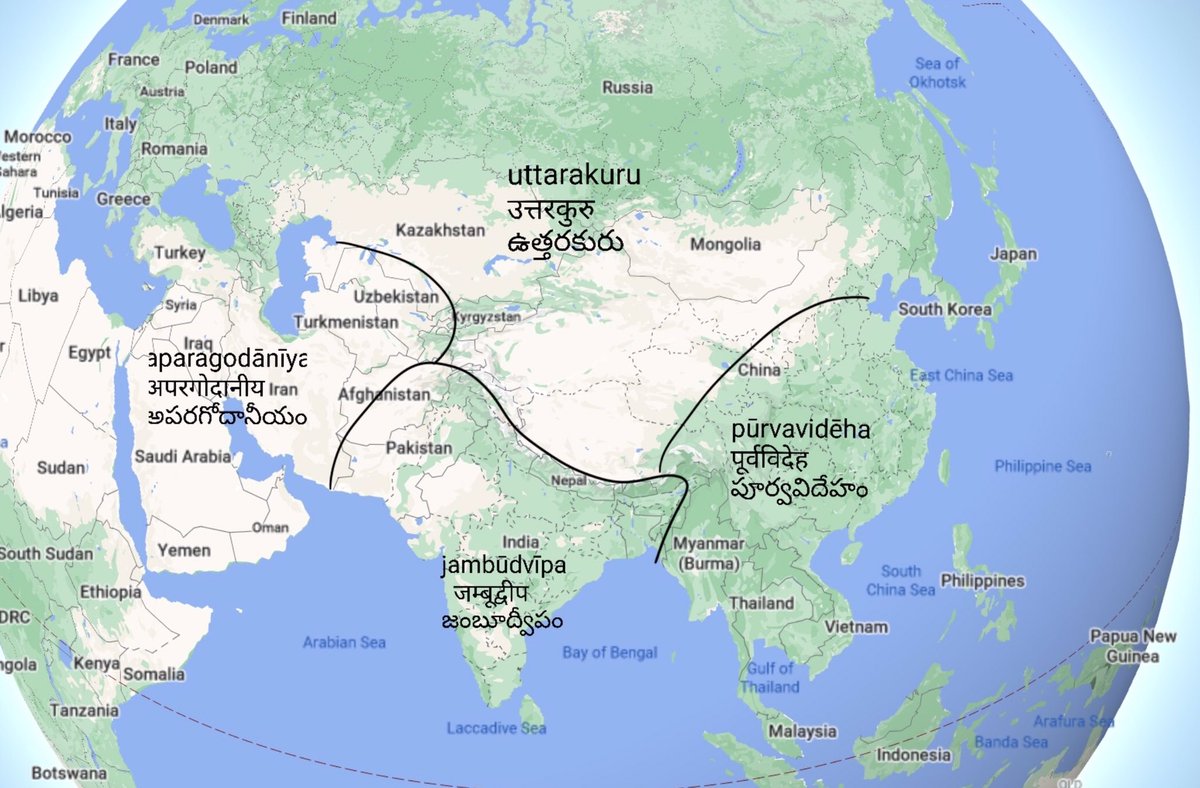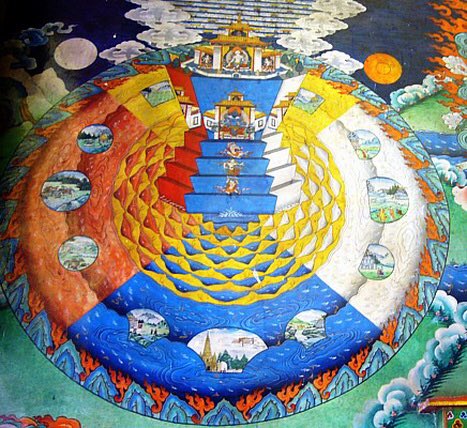
These so called literati have zero knowledge of history. The racist movement in Germany was kickstarted by inspiration from Colonial Britain. A key figure was Carl Peters, who campaigned for German imperialism after getting inspired by his time in England.
en.m.wikipedia.org/wiki/Carl_Pete…
en.m.wikipedia.org/wiki/Carl_Pete…
https://twitter.com/dhume/status/1353418783013134337
How important was the inspiration from Colonial Britain to the Nazis?
Hitler rehabilitated Carl Peters officially by his personal decree 20 years after his death and failed colonial adventures.
The Nazis made a fricking propaganda movie called “Carl Peters”.
Hitler rehabilitated Carl Peters officially by his personal decree 20 years after his death and failed colonial adventures.
The Nazis made a fricking propaganda movie called “Carl Peters”.
There was no fricking moral difference between Colonial Britain and the Nazi Party. In fact, Colonial Britain was Hitler’s ideal. All his actions were inspired by British Colonialists, including the creation of concentration camps (created by the British in South Africa).
The Nazis failed where the Colonial British actually succeeded: in murdering millions of Indians through artificially engineered famine and disease, in looting 48 trillion dollars of wealth from India, in continued overlordship on the media elite of India. That is the difference.
• • •
Missing some Tweet in this thread? You can try to
force a refresh





